PET Baltija management board changes
On February 16, Kaspars Ezernieks, a member of the board and executive director of PET bottle recycling company JSC (AS) PET Baltija, that is part of the largest environmental resource management group in the Baltics, JSC (AS) Eco Baltia, resigned due to personal reasons. Currently, the functions of the board will be carried out by its remaining members, while the responsibilities of the executive director will be internally reassigned within the company.
Jūlija Zandersone, head of Eco Baltia Recycling Sector and Chairwoman of Management Board of JSC (AS) PET Baltija: ‘Kaspars has demonstrated a high level of professionalism in the development of the company, helping PET Baltija to become more competitive on the recycled raw materials market. As we worked together, we took significant steps towards setting up a new plant in Olaine, proving that even in a relatively short time, determination can yield positive results. I am confident that Kaspars’ energy and extensive competences will remain a valuable example for PET Baltija in the future. At the same time,we acknowledge and comprehend the choice to conclude the employment, and extend our heartfelt wishes to Kaspars for continued success in both his personal and professional endeavors..’
Having been a board member and executive director of PET Baltija since last July,
Ezernieks was in charge of the operations of the company in line with the Eco Baltia’s strategic goals. Ezernieks also managed the successful relocation of the existing PET Baltija production facility to new premises in Olaine, the implementation of the LEAN culture, the fulfilment of plans, and other duties pertaining to the company’s operation and development. Prior to that, Ezernieks had spent thirteen years in management positions, including at Stora Enso, a leading manufacturer and supplier of renewable packaging, biomaterials, wooden structures, and paper, where he was the head of the Launkalne production facility based in Latvia.
As of now, it is planned that in Ezernieks’ absence, the currently remaining members of the management board of PET Baltija – board Chairwoman Jūlija Zandersone, and board members Matīss Leitis, Dagnija Ļevčenoka, and Jekaterina Vasiljeva – will perform the functions of the PET Baltija management board.
About PET Baltija:
PET Baltija is one of the largest PET recycling companies in Northern Europe and the largest PET recycling company in the Baltic region operating in Latvia. It is majority-owned by Eco Baltia, the largest environmental and waste management group in the Baltics. Eco Baltia provides full-cycle waste management solutions from waste collection and sorting to logistics, wholesale and processing of recycled materials. PET Baltia recycles used polyethylene terephthalate (PET) bottles and is an industry leader in the Baltic States. The recycling portfolio includes high quality PET flake pellets (including those suitable for food packaging), almost 100% of which are exported.

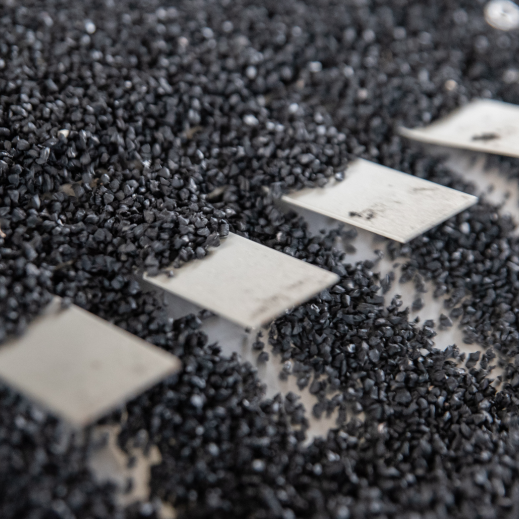
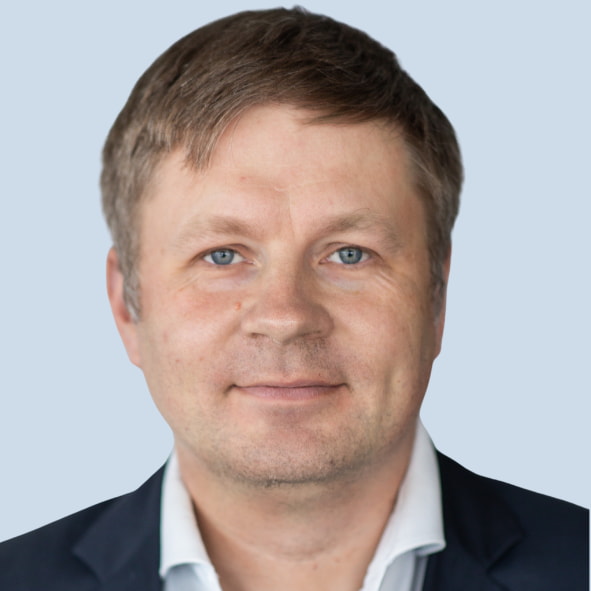 Vytautas Plunksnis
Vytautas Plunksnis  Deimantė Korsakaitė
Deimantė Korsakaitė 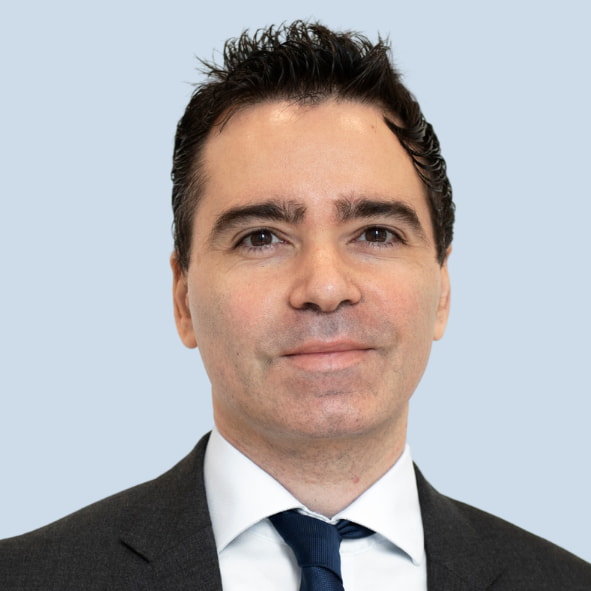 Alberto Atienza Güell
Alberto Atienza Güell 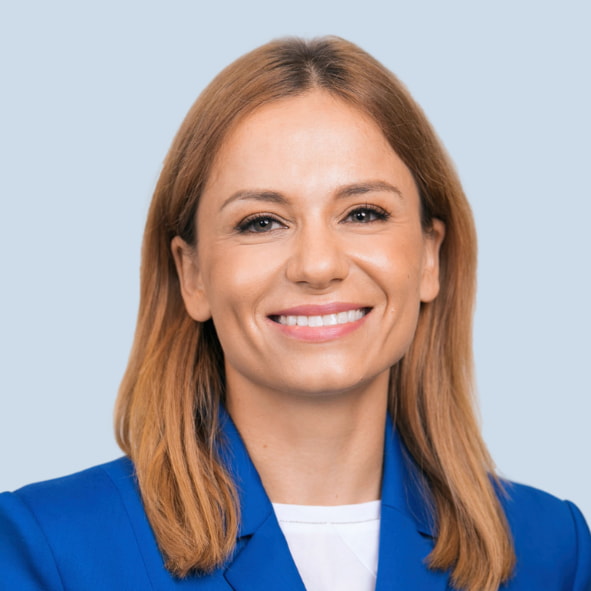 Jurgita Petrauskienė
Jurgita Petrauskienė 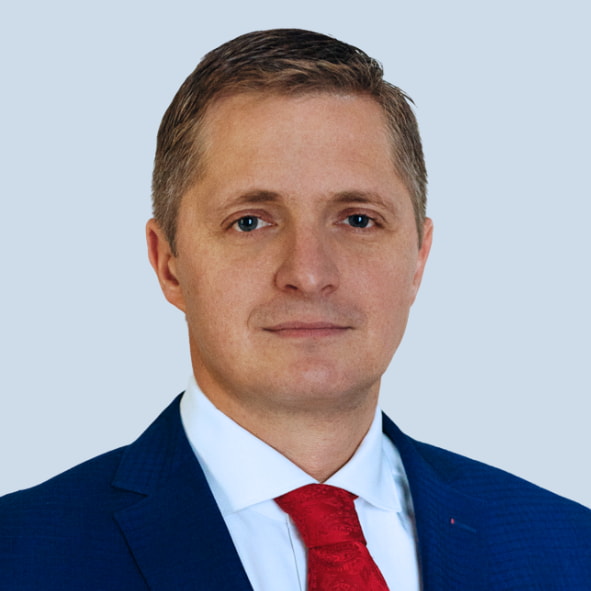 Gints Pucēns
Gints Pucēns 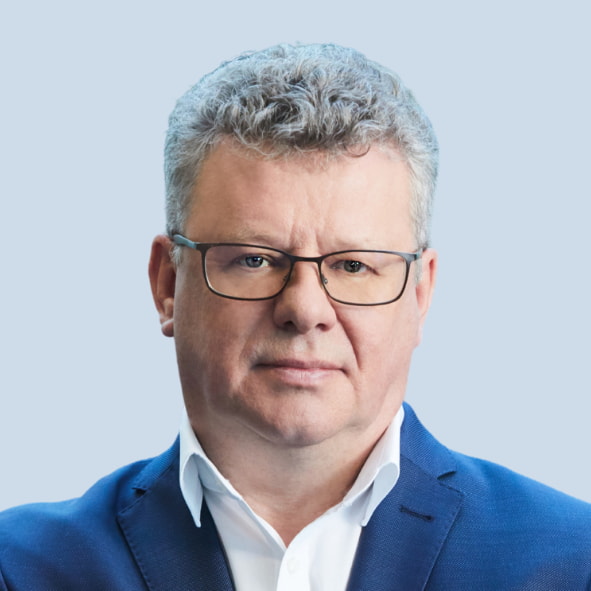 Algimantas Markauskas
Algimantas Markauskas 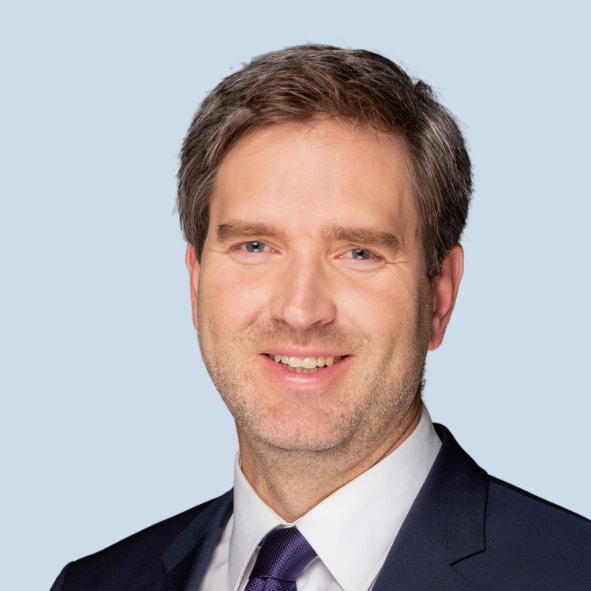 Māris Simanovičs
Māris Simanovičs 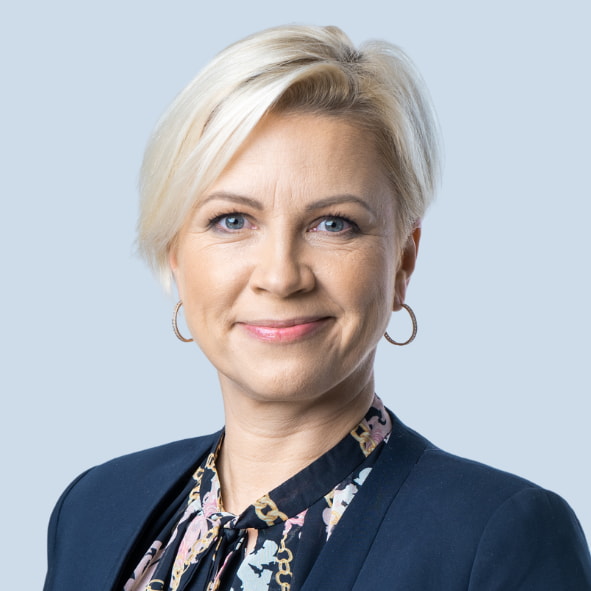 Santa Spūle
Santa Spūle 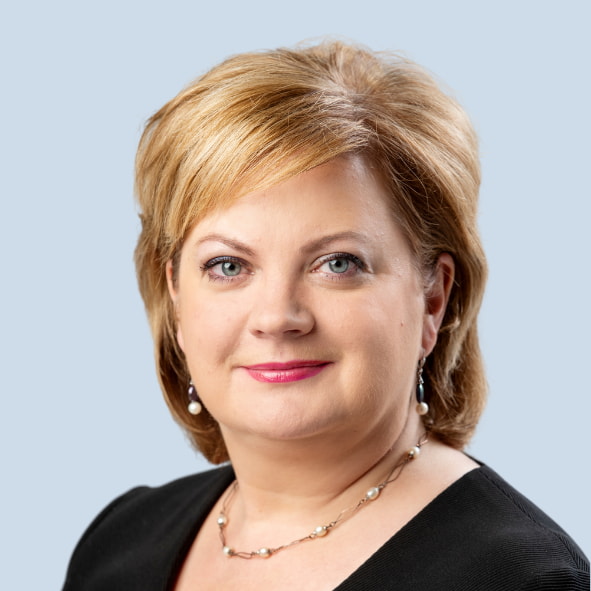 Sigita Namatēva
Sigita Namatēva 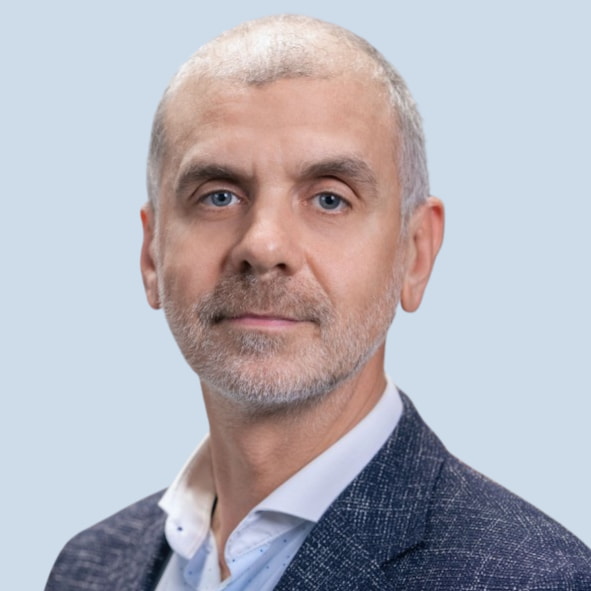 Saulius Budrevičius
Saulius Budrevičius 

